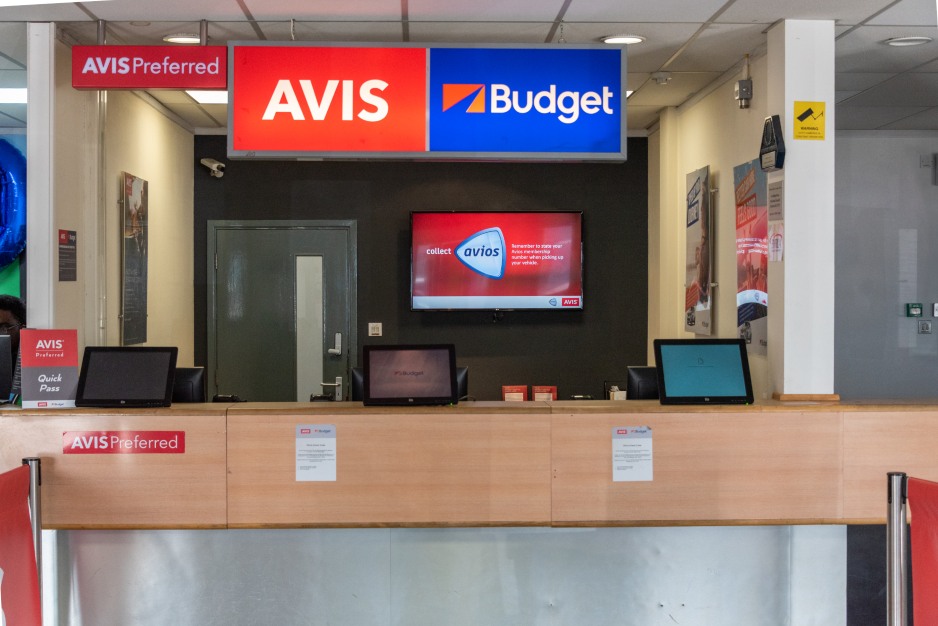Best Suggestions For Selecting Car Rental Websites
Best Suggestions For Selecting Car Rental Websites
Blog Article
What Are The Most Important Factors To Consider When You Are Deciding The Amount To Rent The Car
Deciding on the cost of renting a vehicle involves taking into consideration several factors, including the cost of renting, insurance, fuel costs as well as any other charges. Here are some methods to breakdown the cost: Rental Fee - Find the best rental firms to find the best vehicle. Rental rates can vary according to factors like location, rental duration and the kind of vehicle. To get quotes, you can use the online booking sites or directly call rental companies.
Insurance: Make sure that you know all the possibilities that are available to you. Certain rental companies offer insurance as part of the cost of renting. But, you might require additional coverage to protect yourself. To determine whether additional insurance packages are within your price range, compare their cost in relation to the protection they provide.
Fuel Costs: Calculate the cost of fuel based on the distance you intend to drive and the fuel-efficiency of the rental vehicle. Prices for fuel are constantly constant in the area you'll be in and you can calculate the amount of fuel you'll need. Be aware of the fuel policies which are set by your rental firm. For instance you might be required to return the car with the full capacity.
Additional Charges: Take note of any potential additional charges that could be incurred to your rental, like taxes, charges for additional services or equipment (e.g., GPS navigation and car seats) and penalties for late returns or exceeding the mileage limit. It is important to read through the rental agreement to make sure you understand all costs.
Take all the data you've gathered about rental fees and insurance costs, as well as fuel prices and other costs to figure out how much it will cost to rent a vehicle within your budget. Plan for extra cash in case of emergency costs that could arise during your rental. If your budget is greater than the cost of renting then you might want to reconsider your options. You might choose an affordable vehicle or select fewer extra services. View the best https://rent.cars/ for blog examples including rental cars in my area, best way to rent a car, cars for rent near me, places to rent a car, cheapest place to rent a car, car rental cheap near me, rent my car, rent a car for a day, car hire rental cars, exotic car rental and more.
How Can You Examine Your Vehicle For Damage Or Signs That It Is Damaged?
To avoid being held accountable for any pre-existing issues upon return It is essential to inspect the rental vehicle before signing. Use these steps to perform an exhaustive inspection.
It is important to carefully examine the exterior of your car for scratches, scratch marks, dents and other marks.
Be especially cautious on the bumpers.
Inspect the windows and windshields for chips, cracks or other damage.
Examine the underside of the car to see whether there are any leaks or damage.
Interior Inspection
All doors should be opened, including the trunk, and then check the inside of the car.
Examine the carpets, seats and upholstery for stains tears, or wear that is excessive.
Verify that the adjustment on all seats, including the one for the driver, are working properly.
Examine the dashboard, steering column, and controls to see if there are any damages or problems.
Make sure you check the air conditioning, heating and ventilation systems.
Check the audio system, as well as any other electronic features such as lights, turn signals, etc.
Functional Inspection
Check the engine and to see if there are any warning light or error messages on the dashboard.
Check your brakes, accelerator, and the clutch (if appropriate) for confirmation that they are working smoothly.
Check that the brake lights, turn signals, high beams, and headlights are all functioning properly by turning them off.
Test the windshield wipers, washer fluid, the horn and the emergency/parking brake.
Record all damages:
To record damage that has already occurred To document any damage that has occurred, utilize the rental agreement form, or the smartphone application provided by the rental company.
Make videos or photos of the vehicle from a variety of angles, and focus on areas with wear and wear and.
Note the area, size, and magnitude of each scratch mark, or other scratch in the rental contract form.
Make sure to bring any damage that is present to the attention of the representative of the rental company before you accept the car.
Report Damage
Inform the representative at the rental company of any damage you might have discovered during the inspection.
Request them to record the damages on their records and give you the copy.
Be sure that both you and your representative from the company sign the agreement form or the inspection reports to acknowledge any damage that is already present.
If you adhere to these steps and thoroughly check the rental car before accepting it to check for wear and tear, damage or other indications, you will protect yourself and enjoy a more pleasant rental experience.
What Should You Consider Regarding The Terms And Conditions Of Returning The Car You Rented?
When you review the terms and conditions for returning the rental car it's important to consider several elements to make sure that you have a smooth and easy return process. Here are the key points to keep in mind The Drop-Off Location You've Been Given Check the drop-off point in the rental contract. Return the car to the place that you have agreed to by the rental agency. You should verify the precise location of all drop-off of your rental vehicle.
The rental agreement should be reviewed to determine acceptable times for return. Rental companies usually provide a return date and time. Return the vehicle by the date specified in order to avoid penalties and late fees.
Penalties for Late Returns: Review the rental policy of the company on late returns, as well as any associated penalties. Be aware of what happens if you return the vehicle prior to the agreed return time, including potential additional fees, late fees and other penalties. Rental companies may charge an additional day's rate for every day or part day that the car is not returned on time.
You may also ask about extensions if you think that the vehicle you are renting will be needed for longer than the initial plan. Based on the availability of rental vehicles and the additional costs the rental company may allow you to extend the period. Contact the rental company prior to the time of your request for an extension.
Return Condition Requirements: Familiarize yourself with the requirements for returning your rental vehicle in a good condition. Rental agreements usually stipulate that vehicles should be returned in the same condition in which they were rented. Take note of any instructions for removing or clean the car prior to returning it.
After returning the vehicle, examine it carefully. Examine for any new damage or issues that could have occurred during your rental. Report any new damage or concerns to the representative from the rental company's attention.
Return Procedure: Learn the procedure for returning your car rental, which includes the necessary paperwork or procedures. Follow the directions provided by the rental car company to return keys, complete any paperwork required, and obtain a final receipt.
It is essential to read the terms and conditions prior to returning the rental vehicle. In this way you can avoid any complications or penalties.